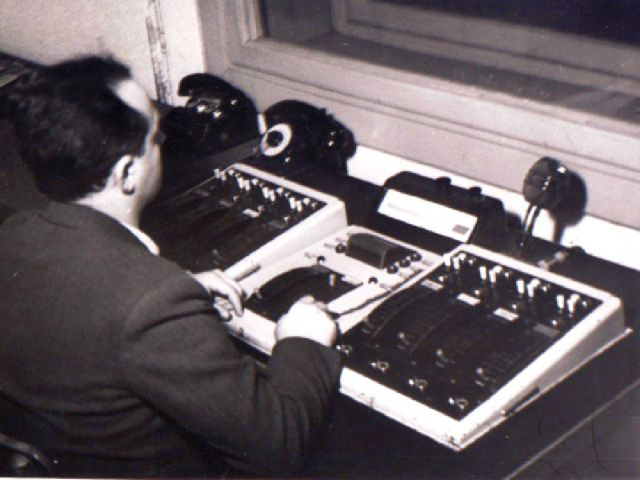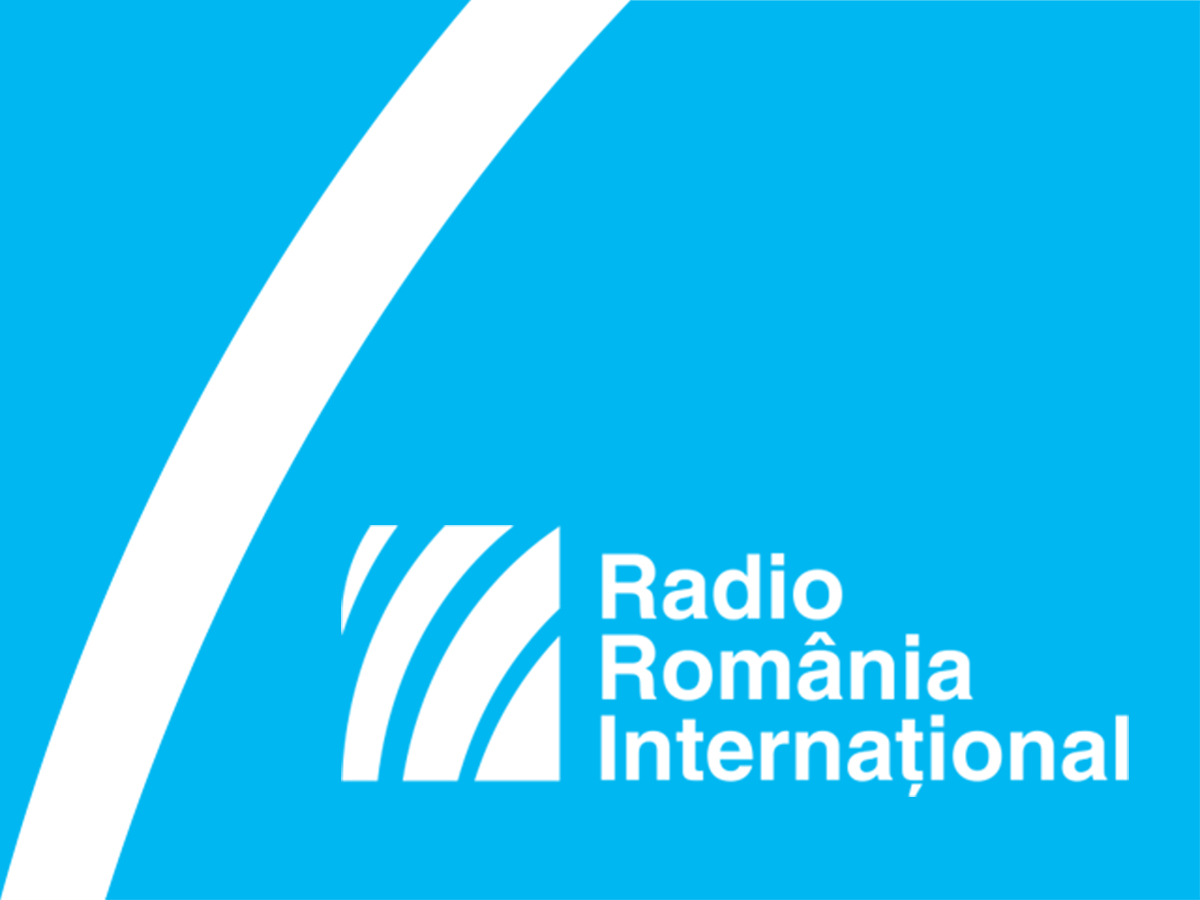The History of Romanian Radio
A look at the early days of the Romanian Radio Broadcasting Corporation

Steliu Lambru, 27.10.2014, 13:25
The birth of Romanian radio is officially November 1, 1928. Since then, the Romanian Broadcasting Corporation went on to become one of the few Romanian companies with continuity over several decades. As a mass information and culture medium, but also a major propaganda tool for totalitarian regimes between 1938 and 1989, national radio today is still a significant presence on the media market, in spite of the popularity of television and the Internet.
The late historian Eugen Denize was the first to write a four-volume monograph of the Romanian Radio Broadcasting Corporation. It deals with its beginnings and the landmarks in the history of Romania in which national radio played a major role: the tumultuous political life of the 1930s, WWII, the 45 year-long communist period, and the rebirth of democracy after 1989. In 2004, Eugen Denize was telling the story of how he started organizing the archives he used between 1996 and 2001 to write the first complete history of Romanian radio:
“Seeing the wealth of materials in the archives of the corporation, I set out to write a monograph in several volumes in order to better be able to cover the history of the Romanian Radio Broadcasting Corporation, a very important phenomenon in our contemporary history. Four volumes have resulted in the end, starting with the first attempts at broadcasting, in early 20th century, and stopping in 1989, at the Revolution. I took 1989 as a historical landmark because I believed that if I went beyond 1989 I would enter a territory that is rather multidisciplinary, at the interface with sociology and political science; the risk was that it would no longer be a pure history of radio, but rather snapshots of its present life. In short, the first volume covers, besides the pioneering years, the first 10 years of the corporation, from 1928 to 1938. I stopped at 1938 because that is when it stopped functioning under a democratic system. Starting in 1939, Romania went under a series of successive dictatorial, totalitarian regimes, so that the national radio started functioning differently. Until 1989 it had to face particular political pressure, and I can say that it managed to hold a balance and fulfill its basic functions. The second volume covers the period I called the right wing dictatorships, namely the personal dictatorship of the king, Carol II, the Legionnaire dictatorship, and the Marshal Antonescu dictatorship. The volume ends on 23 August 1944, when Romania turned to the side of the allies. The third volume is the period of communization in Romania, the Gheorghe Gheorghiu-Dej era, up to his death in 1965, while the last volume deals with the Ceausescu period, 1965 to 1989, the opening that occurred after 1964, and the isolation that occurred 1971 to 1974. These are 4 volumes based strictly on documentary material in the written and sound archives of Romanian Radio. This is an absolute first in terms of historiographic material.”
Eugen Denize also talked about the functions that national radio had since its inception:
“Since its beginnings, radio broadcasting, even before the Radio Broadcasting Corporation appeared, was concerned with what its function was, very clearly defined by the pioneers of broadcasting, and they tended to stay the same throughout. We are dealing with a very important cultural function. Radio dealt in the highest level of culture, but brought to everyone’s level, and it contributed to the development of culture in itself, and raising the cultural level of the masses. In addition, we are talking about a national function. Radio has always had a very important role in promoting and defending national values. Then we are talking about an education function, in the very basic sense of the word: many, many broadcasts, right from the beginning, provided medical advice, or how to grow plants or raise animals, how to teach children. A lot of broadcasts were targeted at particular segments of the population, broadcasts for children, students, soldiers or peasants. Radio has always covered its education function very well. One cannot forget the famous programs part of ‘Radio University’, where some of the greatest names in Romanian culture spoke: historian Nicolae Iorga, sociologist Mihai Ralea, aesthetician Tudor Vianu, writers Mihail Sadoveanu and Tudor Arghezi, and many more. Basically, all the representative intellectuals of Romania have lectured on the microphone at Radio Romania. Before television came around, radio was the main means of entertainment available to people.”
Radio Romania International has been broadcasting for the last 75 years. Foreign language broadcasts started in 1939, when WWII broke out. The first programs in foreign languages, such as news bulletins in English and French, started as early as 1932, broadcast before the end of the day’s broadcast, one quarter of an hour before midnight. Gradually, broadcasts were introduced in Italian and German, alternating with news in English and French.






























